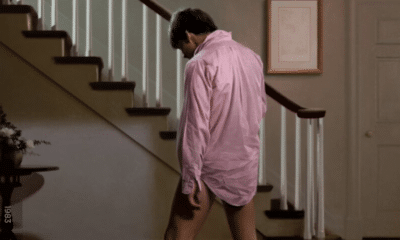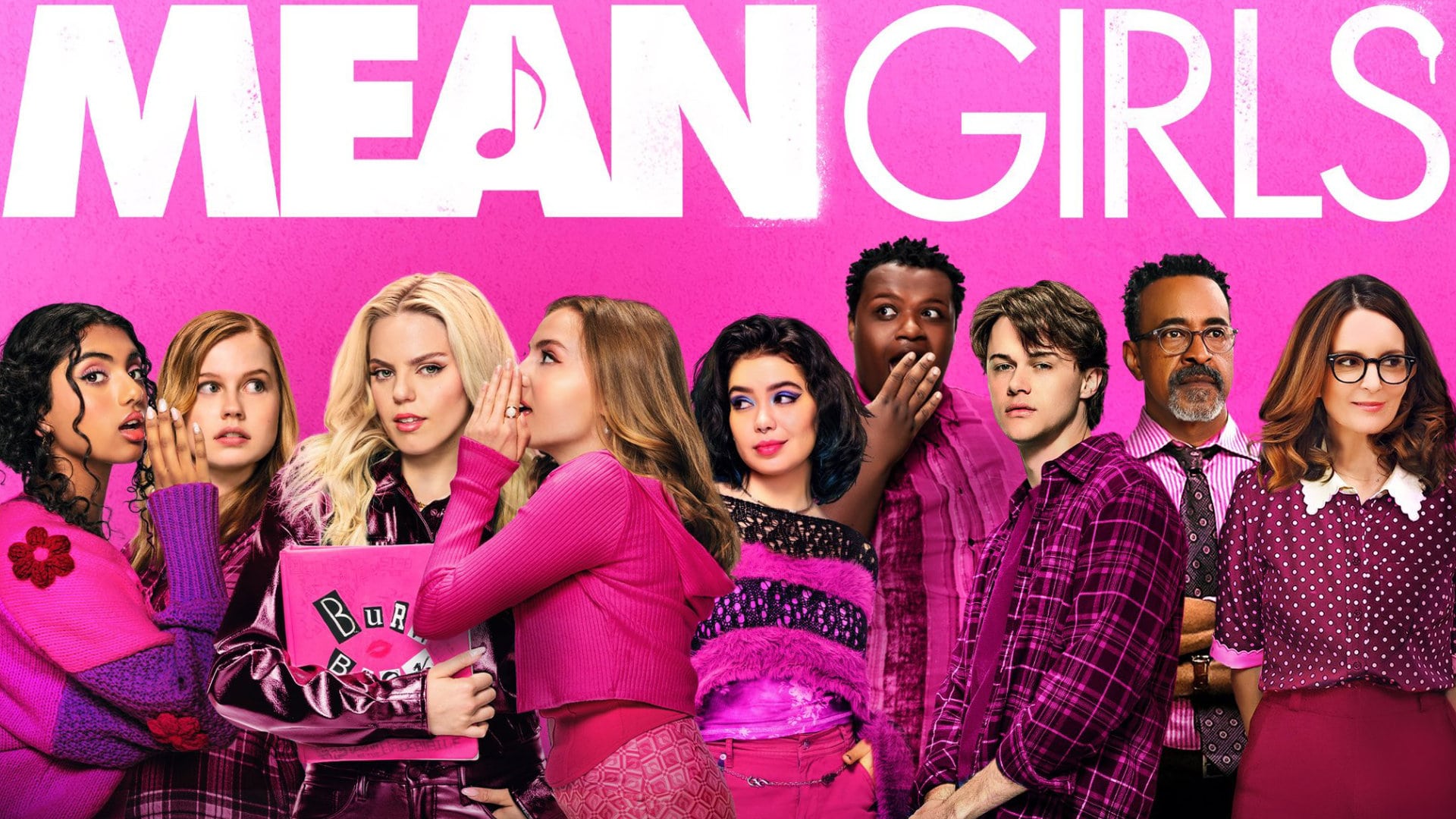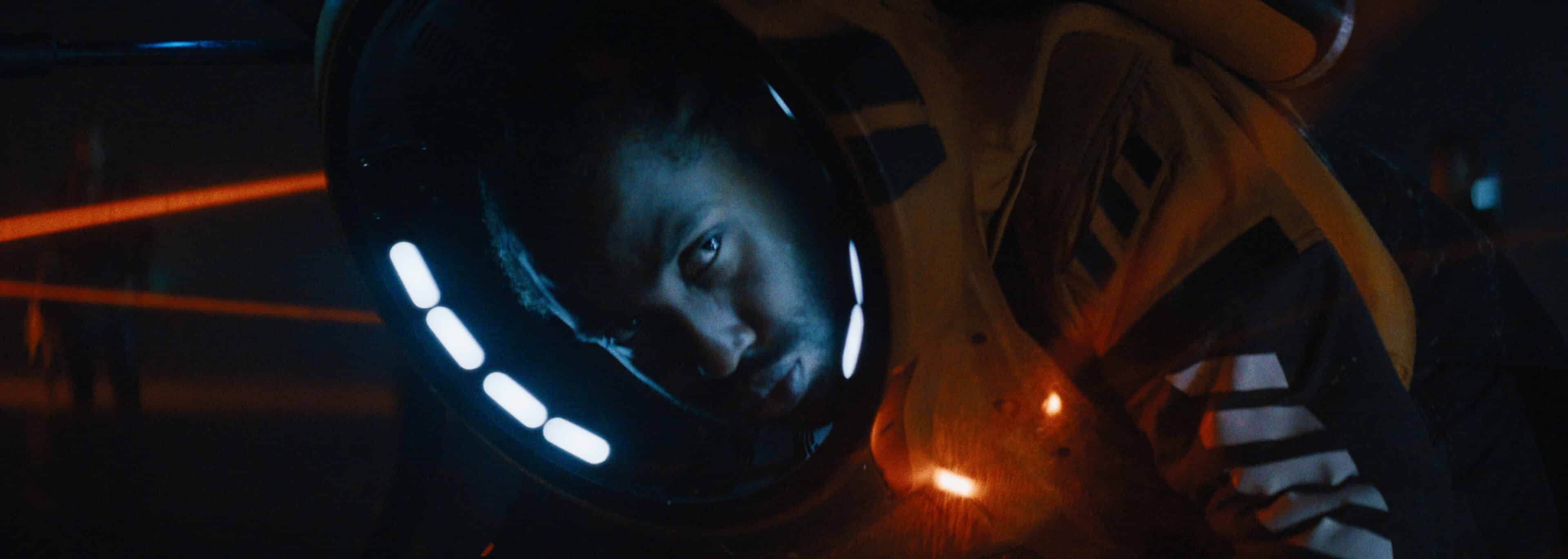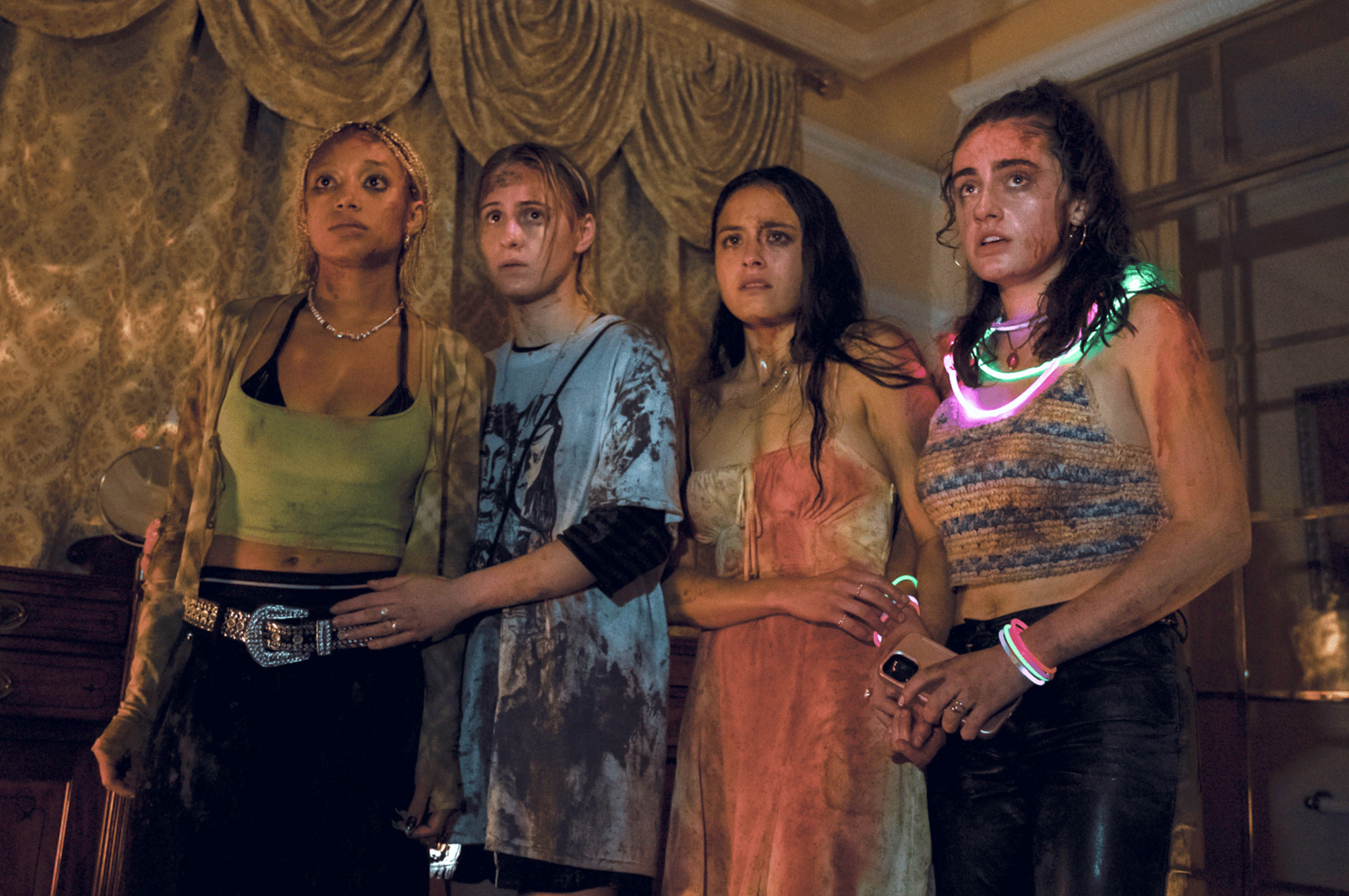Death Wish review: This contemporary reboot of the infamous 1974 film may be the most ill-judged, clumsily-executed, and poorly-timed film of the year.
Death Wish review by Abi Silverthorne.
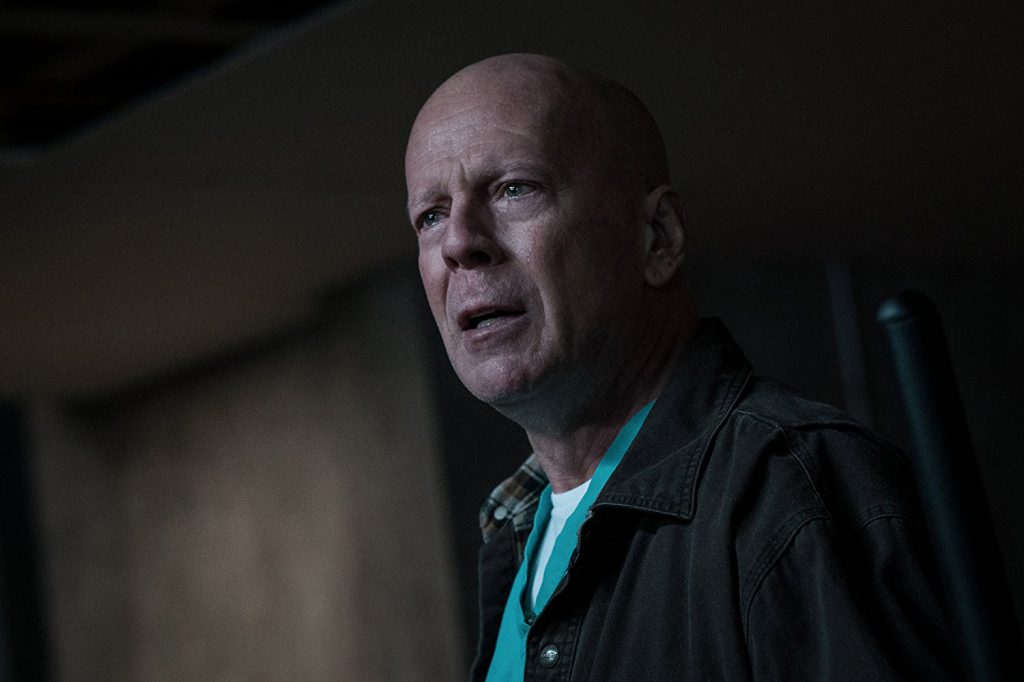
Death Wish review
Eli Roth, he of Hostel and The Green Inferno fame, seemed an interesting directorial choice when news broke that Brian Garfield’s nuanced literary condemnation of vigilante violence was getting a second on-screen adaptation—given that his prior films are mostly known for their gleeful, performative gore-gasms.
The plot is relatively similar to the 70’s versions: Paul Kersey is a peaceful and happily-married Chicagoan, father to a beautiful and loving daughter, and basically thriving in every way a person can be until his life is shattered by a single night of violence, as his family is attacked during a violent burglary.
Kersey finds himself widowed and grieving, doting on a daughter left in a coma from her injuries. Detectives Raynes and Jackson are slow-going on the case to find the perpetrators, and it is about then when Kersey, apparently sick of the pervasion of crime upon his world, finds himself contemplating a drastic, vengeful alternative. He takes to the streets, dealing with his anger by taking on randos that keep, weirdly enough, committing petty crimes right in front of him and no other members of the public within a busy city, so he can conveniently shoot them to smithereens.
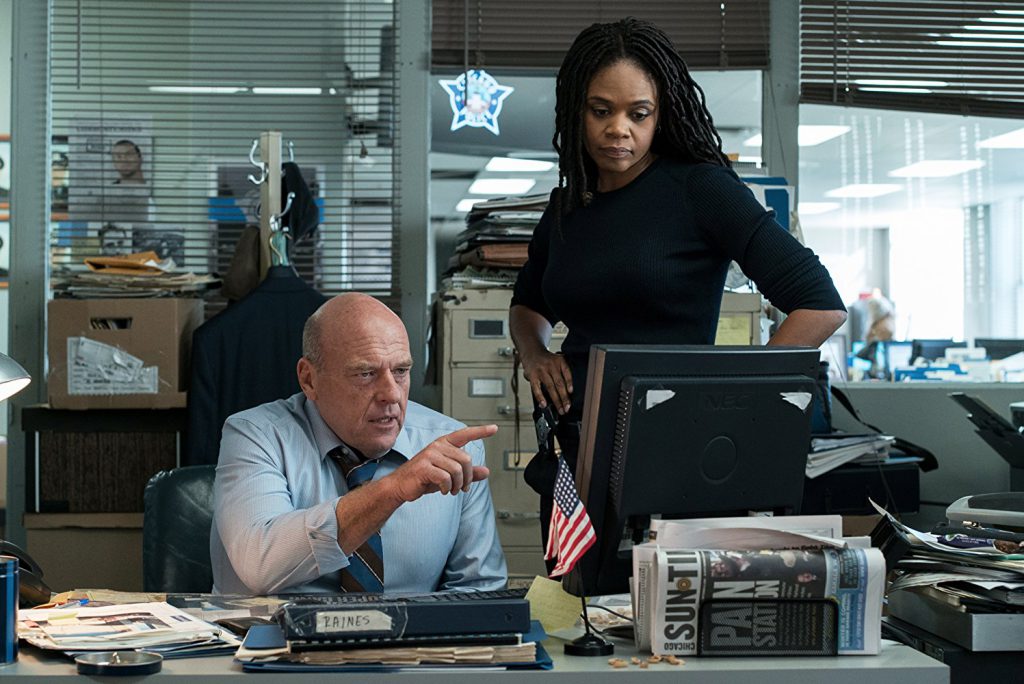
Death Wish review
There are some small changes from the original, most of which seem like they’re going to be interesting and then turn out to mean nothing. Instead of an architect, Kersey is a doctor specialising as a trauma-surgeon, but there is nothing that suggests this hampers his moral inversion from healer to killer literally at all, and seems to be in the film mostly so Roth can style an edgy montage that shows Kersey fiddling with his illegal firearms versus pulling bullets out of civilians.
His wife and daughter are more developed this time around, they have glimmers of charm and personality (thanks in no small part to the performances of Elisabeth Shue and Camila Morrone) with daughter Jordan even trained in self-defence and an accomplished athlete.
Of course, they are still only there to be assaulted and murdered to give Paul’s character a reason to develop, and Jordan has to be rendered vegetative to allow her father to DIY-Dad his way through a murderous rampage and do his angry thing, so, no, she never gets to use those moves.
In fact, the only thing this version has going for it is that Bruce Willis gives a more expressive and convincing go at the Paul Kersey arc than Charles Bronson attempted, but the bar was really not all that high, considering Bronson seemed to decide to completely homogenise his face and voice for the entirety of the last adaption. Willis manages at least five more facial expressions but still doesn’t appear to want to have a real look at the derangement or the darkness that must exist in a person who goes to these lengths.
His actions imply such rage: dropping cars on gangsters, shooting through the throats of carjackers, but none of it is ever evidenced by the acting.
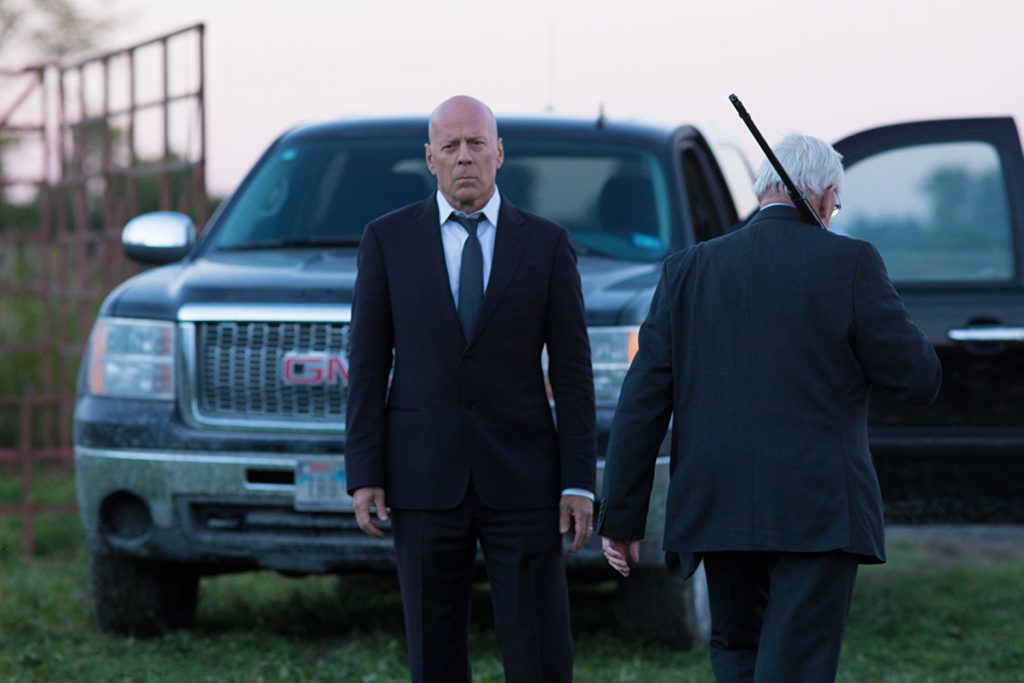
Death Wish review
His demeanour is that smugly concrete veneer that action-stars of old relied upon. In any other thriller this would be enough, but Garfield’s story demands more. It should have a protagonist that suggests more than the surface, but, once again, the lead performance suggests almost nothing at all.
Worst of all, it unequivocally betrays the philosophy of it’s source material, shooting it’s chance to be somewhat intelligent in the foot and ending up being what one presumes is a masturbatory cinema experience for the NRA.
Every attempt it makes at confronting the idealisation of gun-violence is transparently half-hearted and immediately nullified by the choices Roth and writers Dean Georgaris and Joe Carnahan make with the story line. Radio DJs and news anchors are utilised to hand out concerned exposition about rising gun violence between scenes, but it means nothing, if, by the end, when Kersey executes a second-batch of home invaders like a trigger-happy Macauley Culkin (featuring a machine-gun stored in a sofa, no less) this somehow is supposed to mean that they can report that gun violence has “gone down” for the first time in Chicago. Apparently all that is needed to lower the annual statistic of gun-related deaths is to let Bruce Willis at ’em with bullet spewing furniture.
Related: The Green Inferno Blu-ray review
The most appalling thing is that film borders on satire at times: Bruce Willis wanders over to a gun store filled with big-breasted blondes who chirpily show him the increasingly larger and more ludicrously unnecessary wares (“This one’s lighter than a newborn baby!”) before scoffing when he asks if he needs to fill in much paperwork to get his traumatised hands all over them. It is so audacious, and jarringly funny, that it should surely be social commentary of the Clockwork Orange vein— a signal that the narrative is a form of tongue-in-cheek judgement, or at least fair observation of this surreal culture.
But a bit later Kersey goes back into the store, and gets a gun, and shoots up a club bathroom in search of his wife’s murderer with it. And the film never tells us what happened to the girl in the party dress used as a human shield or the kids in other cubicles. They are deemed irrelevant.
That is less funny.
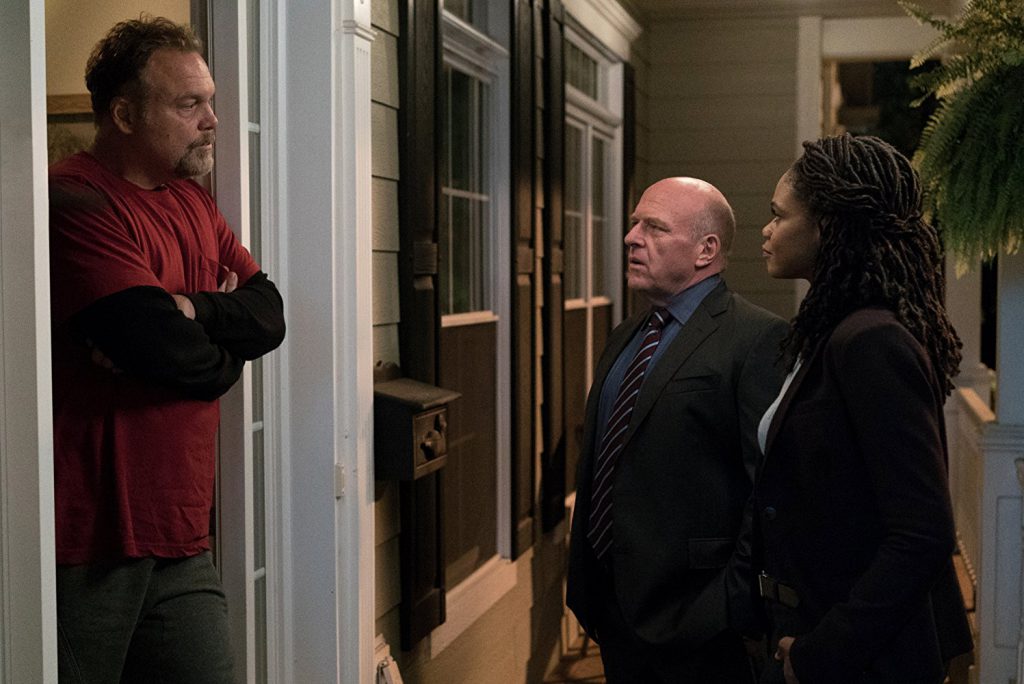
Death Wish review
It is impossible to think of a more shameless vindication of the fantasy that gun-violence can somehow be magically solved by the pursuit and attainment of more weapons. The final straw is that this version alters the conclusion so that Kersey finds the people that did him wrong with a ridiculously scarce amount of effort, or plot. The film is not even brave enough to show that his vigilantism gains him nothing, like the original did. Paul gets his perfect happy ending, all consequences completely void. By doing this, no amount of debate or mockery they include can save it.
This is different from other vigilante movies. They have inserted themselves into the gun-control conversation by alluding to it mercilessly throughout, and have then chosen what is probably the most offensive and unrealistic take on it to leave off on.
On any other day, a day when #Neveragain did not exist, or there had not been 307 mass shootings in the US in the last year alone, this would simply be a cheesy, mediocrely made movie.
But today is another day, and the film is entering the cultural zeitgeist as a severely difficult one to enjoy or understand post-Vegas, post-Pulse, post-Parkland. That’s just the truth of it, a truth the filmmakers didn’t seem to want to face with any real effort.
In conclusion, Death Wish is a film that truly wants its audience to feel that is has developed from it’s 1974 counterpart in some way—that it has more to say. In reality, it is saying all the wrong things. With lazy dialogue, badly choreographed action and a poor translation of the novel’s moral themes, this is a technical misfire in every sense of the term.
Death Wish review by Abi Silverthorne, April 2018.
Death Wish is released in UK cinemas on Friday 6th April 2018.

Latest Posts
-


Home Entertainment
/ 2 hours ago‘Risky Business’ and ‘Blow Out’ are getting the UK Criterion treatment
Risky Business and Blow Out will be released on UK Criterion 4K Blu-ray this...
By Paul Heath -


Film News
/ 3 hours agoRelease date announced for ‘The Outrun’ with Saoirse Ronan
After premiering at this year’s Sundance and the Berlinale in Germany, the UK release...
By Paul Heath -


Apple TV
/ 1 day agoTrailer: André Holland leads Apple’s new limited series, ‘The Big Cigar’
Apple TV+ has released the full trailer for The Big Cigar, a new, six-episode...
By Paul Heath -


Film News
/ 1 day agoUK trailer, poster and release date for Sundance smash ‘Sasquatch Sunset’
Premiering in the UK at the Sundance London event in June is the brilliant...
By Paul Heath
